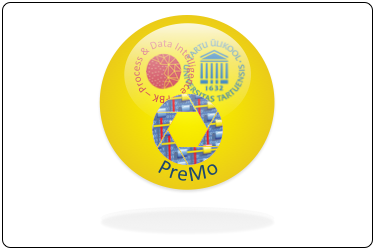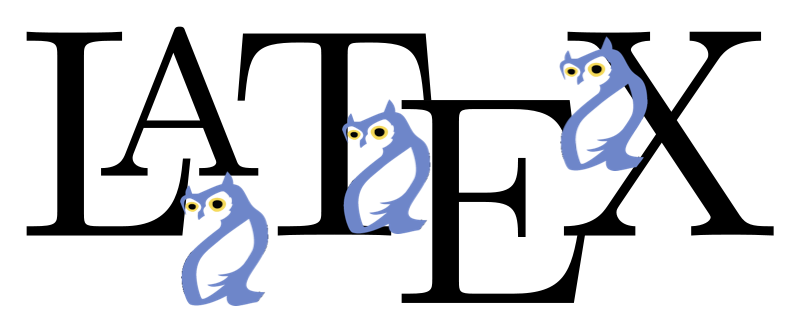TECHNOLOGIES

PreMo
ThePreMo tool is a predictive process monitoring framework for estimating the likelyhood that an ongoing case will lead to a certain outcome among a set of possible outcomes. It includes a range of techniques to adapto to different scenarios as well as hyperparameter optimization methods to select a suitable framework instance for a given dataset.
LTLf/LDLf-synthesis
LTLf/LDLf-synthesis is based on FLLOAT and performs the automated synthesis of LTL and LDL formulas with finite-trace semantics, that is finding all strategies/plans (that are temporal assignments to variables we can control) satisfying a specific goal formula.

MoKi
MoKi is a collaborative tool for enterprise modelling through structured wiki pages. Moki enables heterogeneous teams of experts, with different knowledge engineering skills, to actively collaborate by inserting knowledge; transforming knowledge; and revising knowledge at different degrees of formality.
The active collaboration is guaranteed by an automatic translation between formal and informal specifications of the different experts, and by facilitating an integrated construction of the different parts of the integrated model.

TEX-OWL: a Latex-Style Syntax for authoring OWL 2 ontologies
TeX-OWL is a new syntax that can be used to write OWL 2 ontologies.
It was developed to address the need for an easy-to-read and easy-to-write plain text syntax.
TeX-OWL is inspired by LaTeX syntax, and covers all construct of OWL 2.
We designed TeX-OWL to be less verbose than the other OWL syntaxes, and easy-to-use especially for quickly developing small-size ontologies with just a text editor.

SURF: collaborative workplace redesign
Production companies are usually exposed to a variety of challenges that have often been understood mostly in economic and technological terms by neglecting a critical factor for sustainable organisational success: the human being. The result is a misalign- ment between business goals and human factors, that can be attributed to a lack of sup- port and encouragement for human participation, learning and personal development within organisation.
FLLOAT (From LTLf and LDLf tO Automata)
FLLOAT (From LTLf and LDLf tO Automata) is a Java library for translating Linear-time Temporal Logic (LTL) and Linear Dynamic Logic (LDL) formulas with finite-trace semantics to automata, so as to perform satisfiability and validity reasoning tasks in the finite-trace setting. The tool also allows for exporting automata in the graphviz format as well as providing the traditional automata operations through the jautomata library (determinization, intersection, negation, trimming and so on).

